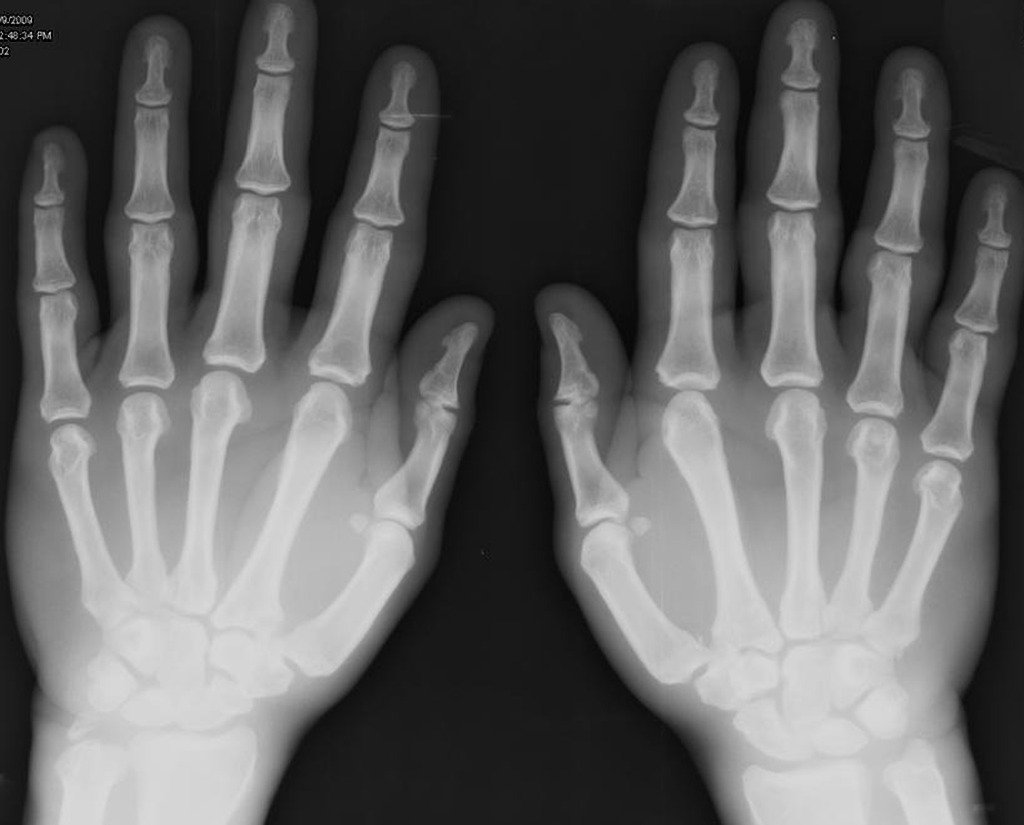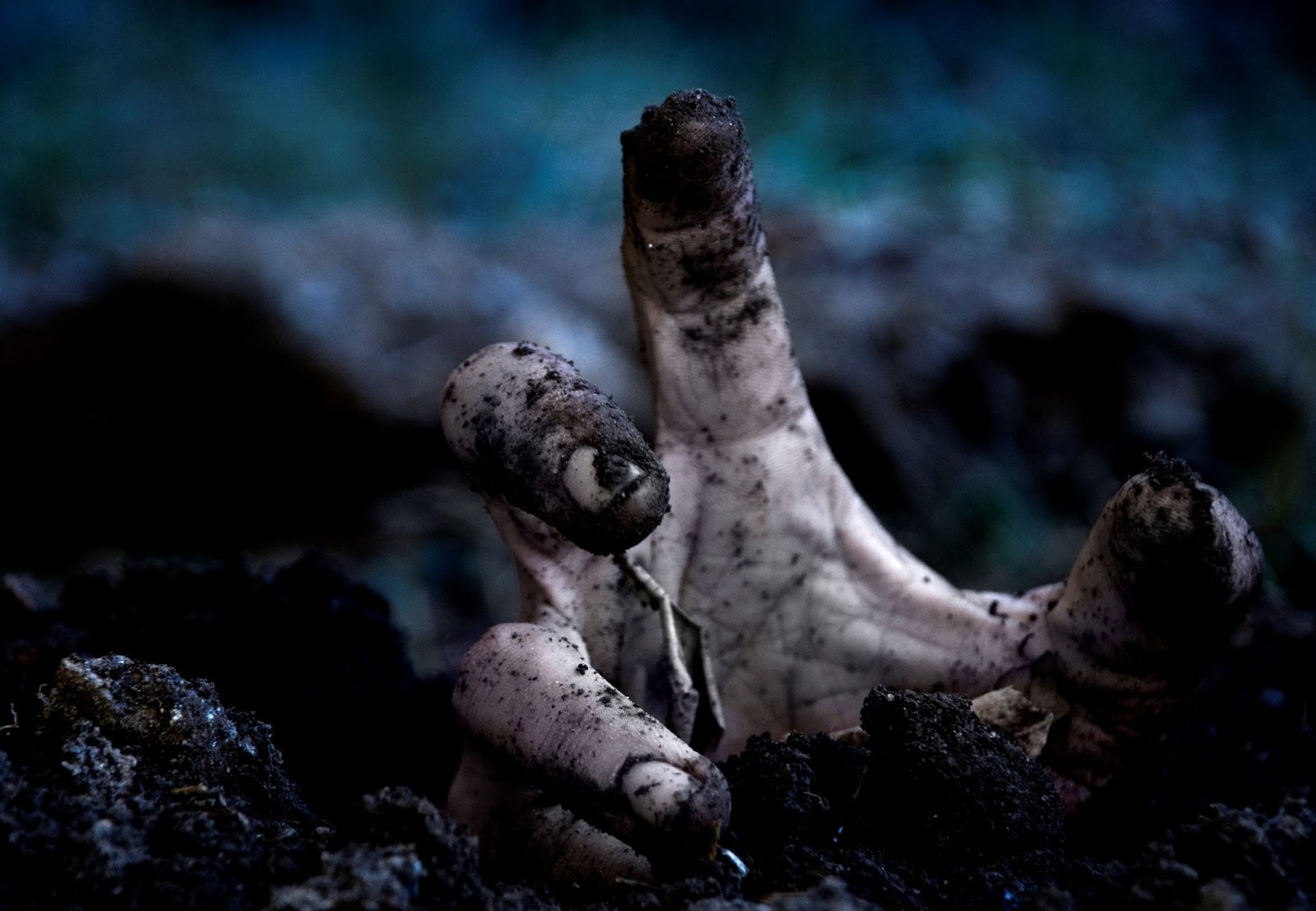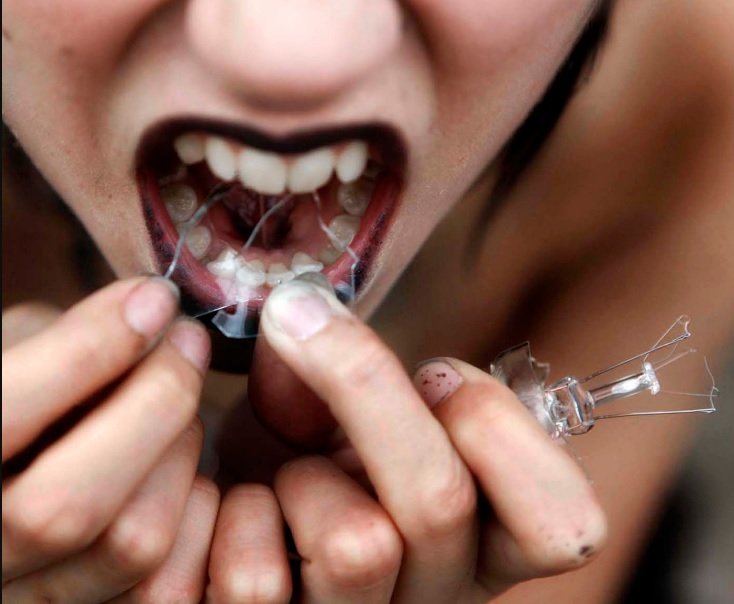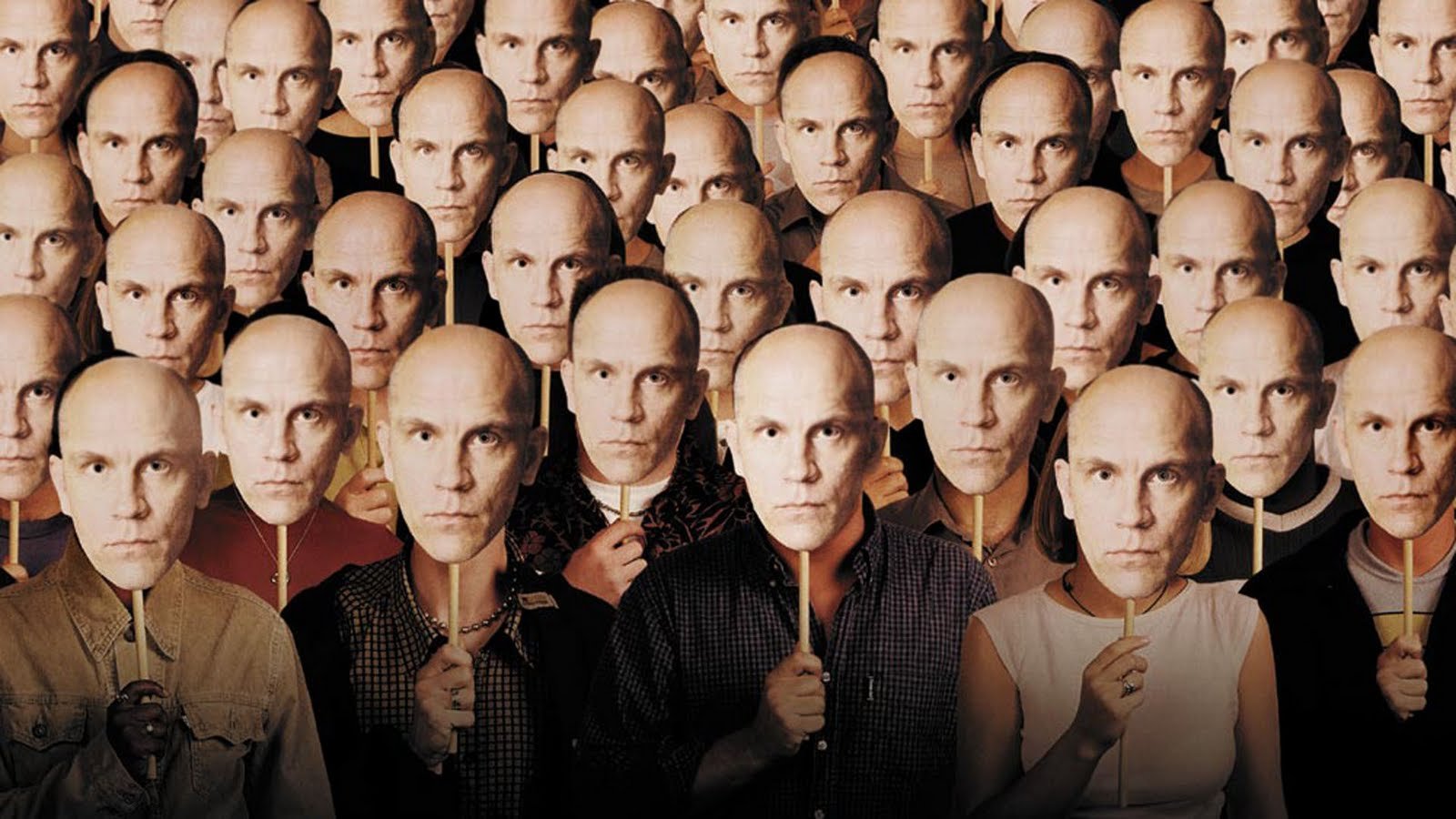Mental illness is a scary, tragic beast. What sets it apart from other physiological disorders is that it’s so much harder to see, and because of that, diagnosis and recognition of the illness is hard to come by, especially on a social level. There’s a whole host of strange, unbelievable disorders of the mind afflicting people around the globe, and things would be a lot better if we learned to accept them.
Here’s a few of the most extreme ones around.
1. Alien Hand Syndrome
Certain limbs seem to adopt a will of their own.
This condition is characterised by a loss of control over certain limbs in the body. While a person suffering from this can feel normal sensation in the hand or leg, they start believing that the limb in question has a will of its own, and that it is behaving completely autonomously from the rest of the body. The sufferer might even have to use their other hand to restrain the ‘alien’ limb at times. This syndrome is usually seen in cases where a person has had the two hemispheres of their brain surgically separated, or if someone has had a stroke, a tumour or is suffering from Alzheimer’s disease or Creutzfeldt–Jakob disease.

2. Alice In Wonderland Syndrome
Your perception changes. Things appear to be larger or smaller than they actually are.
This neurological condition causes the sufferer to experience size distortions in perception, be it visual or aural. They tend to see objects as larger or smaller than they actually are, hear sounds louder or softer than they may be, and also suffer from painful migraines. All in all, AIWS affects the sense of vision, sensation, touch, and hearing, morphing one’s idea of their own body image as well, which can be quite debilitating. They may feel like their body is expanding or getting smaller. A sufferer may also lose their sense of time, similar to an LSD experience. However, these symptoms do tend to disappear with time.

3. Cotard Delusion
The patient feels like they are dead and their body is rotting.
An extremely rare mental illness, this condition was first described by the neurologist Jules Cotard in 1880. The affected person may believe that they are already dead, do not exist, are putrefying, or have lost their blood or internal organs. Sufferers of this condition tend to be heavily depressed, and even end up starving themselves on occasion.
A case study of a patient described his symptoms – He was convinced that he had been taken to hell, and that he had died of septicaemia, or perhaps from AIDS.

4. Fregoli Delusion
The sufferer believes that several people are actually a single person in disguise out to get them.
This is a disorder in which a person believes that several different people are actually a single person in disguise. They may also believe that this single entity of many is persecuting them and is out to get them. The name comes from the Italian actor Leopoldo Fregoli, celebrated for his lightning fast costume changes. The sufferer also experiences delusions in regards to recalling places, objects, and events accurately. This syndrome is thought to be related to brain lesions.

5. Kluver–Bucy Syndrome
Patients suffer from hypersexuality, loss of memory and a desire to have sex with inanimate objects.
This syndrome is characterised by a whole host of effects including a loss of memory, a desire to eat inanimate objects, and an increased but skewed sex drive where they end up wanting to indulge in sex acts with inanimate objects. It results from bilateral lesions of the medial temporal lobe, and sufferers also tend to have trouble recognizing familiar objects or people.

6. Capgras Delusion
Patients believe that someone close to them has been replaced by an impostor.
This disorder is characterised by a delusion that a friend, spouse, parent, or other close family member has been replaced by an identical-looking impostor. They start to believe that this ‘impostor’ poses a threat to them and their family. They may also believe that time has been ‘warped’ or substituted. In one case, a 74-year-old married woman started believing that her husband had been replaced with an unrelated man. This delusion is most commonly seen in people diagnosed with paranoid schizophrenia, dementia, or those who suffered a brain injury.

7. Boanthropy
Patients start believing that they have become a cow or an ox.
People suffering from this disorder start to believe that he or she is a cow or an ox. They then start to behave in a manner similar to these animals, which includes standing on all fours and trying to eat grass. Sufferers sometimes even end up waking up in fields with other cows, chewing grass for hours on end without realising it. It is an extremely rare disorder and is thought to be induced by dreams or hypnotism.

8. Foreign Accent Syndrome
People start suffering from a sudden change in speech patterns.
This condition is thought to occur after a serious head injury. Sufferers experience a sudden change in their speech, which to an outsider, would appear to be a foreign accent. It is an extremely rare condition brought about by a stroke or traumatic brain injury, and while their speech may seem like a recognisable foreign accent, they don’t actually acquire a specific foreign accent or any additional fluency in a foreign language for that matter.

9. Erotomania
Patients start believing that someone famous is in love with them.
This is a delusional disorder where people start to believe that another person or people, usually someone famous, is in love with them. Their delusions lead them to believe that this person is professing their love for them through special glances, signals, telepathy, or messages through the media. This is a rather debilitating condition as the sufferer then starts to reciprocate these feelings by sending letters and gifts to the object of their delusions. It is usually treated with atypical antipsychotics.

10. Koro Syndrome
Patients exhibit an extreme fear that their genitals are retracting.
This psychiatric disorder is characterised by an extreme but illogical fear that your penis or genitalia in general is retracting and will soon disappear. Sufferers continue to believe this regardless of any longstanding changes to their genitals. In males, the anxiety is in regard to their penis, and in females, it is in regard to their vulva and nipples. Symptoms include acute anxiety attacks, fear of impending death, penile dissolution and loss of sexual power.

Educate yourself!

















